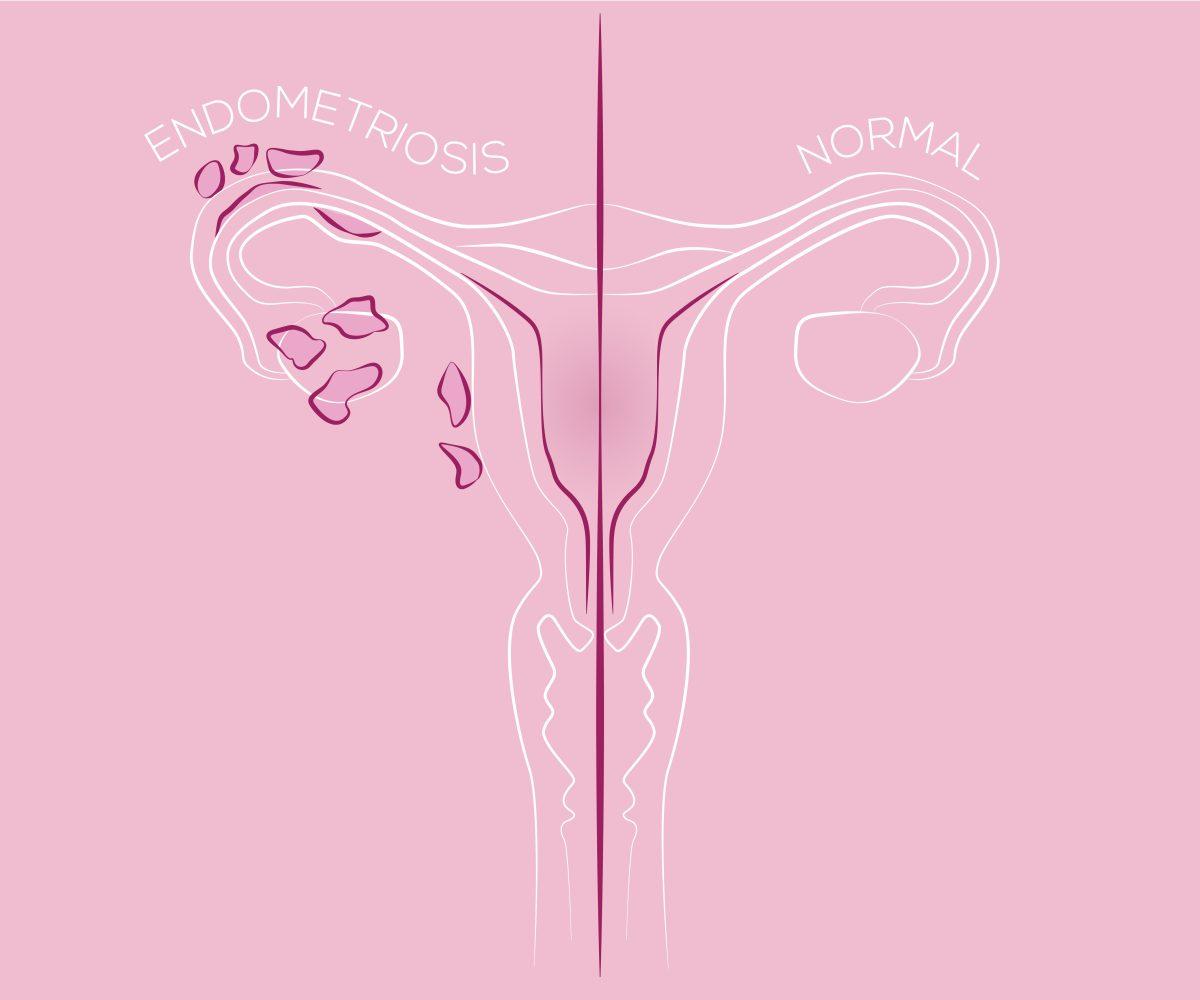“how would I benefit from having allied health as part of my endometriosis care?”
Women with endometriosis can benefit from the support and expertise of various allied health professionals who work together to manage the condition and improve the individual’s overall well-being. Endometriosis is a chronic and often painful condition in which tissue similar to the uterine lining grows outside the uterus, causing inflammation, pain, and potential fertility issues. Here are some allied health professionals who can provide support to individuals with endometriosis:
Gynecologist or Reproductive Endocrinologist: These specialists are at the forefront of endometriosis management. They diagnose the condition, prescribe medications, and perform surgical interventions when necessary. Gynecologists and reproductive endocrinologists play a critical role in creating a treatment plan tailored to the individual’s specific needs and goals.
Pain Management Specialist: Given that endometriosis can be associated with chronic pelvic pain, a pain management specialist can help develop strategies to alleviate pain and improve the person’s quality of life. They may use a combination of medications, physical therapy, and other non-invasive techniques.
Registered Dietitian or Nutritionist: Dietitians can provide guidance on anti-inflammatory diets and lifestyle modifications that may help manage endometriosis symptoms. They can also address issues related to gut health, which is often associated with endometriosis.
Pelvic Floor Physical Therapist: Pelvic floor physical therapists specialize in addressing pelvic floor muscle dysfunction and pelvic pain. They can work with individuals with endometriosis to improve pelvic muscle strength, flexibility, and function.
Psychologist : Endometriosis can have significant emotional and psychological impacts due to chronic pain, fertility concerns, and the challenges of managing a chronic condition. Psychologists or counselors can provide support, coping strategies, and mental health interventions.

Infertility Specialist: For individuals with endometriosis facing infertility issues, an infertility specialist or reproductive endocrinologist can provide guidance on fertility treatments and options, such as in vitro fertilisation (IVF).
Occupational Therapist: Occupational therapists can assist individuals with endometriosis in adapting daily activities to reduce pain and improve overall functioning. They can also address ergonomic issues at work or home that may exacerbate symptoms.
Social Worker or Support Groups: A social worker can provide emotional support, connect individuals with endometriosis to community resources, and offer information on support groups where they can connect with others facing similar challenges.
Acupuncturist or Alternative Therapist: Some people find relief from endometriosis symptoms through complementary and alternative therapies, such as acupuncture. These therapies can be used in conjunction with medical treatments.
It is important to remember that endometriosis affects individuals differently, and the treatment and support required may vary. A multidisciplinary approach involving various allied health professionals, along with the patient’s primary care physician or gynecologist, can offer comprehensive care and help manage the physical and emotional aspects of living with endometriosis.